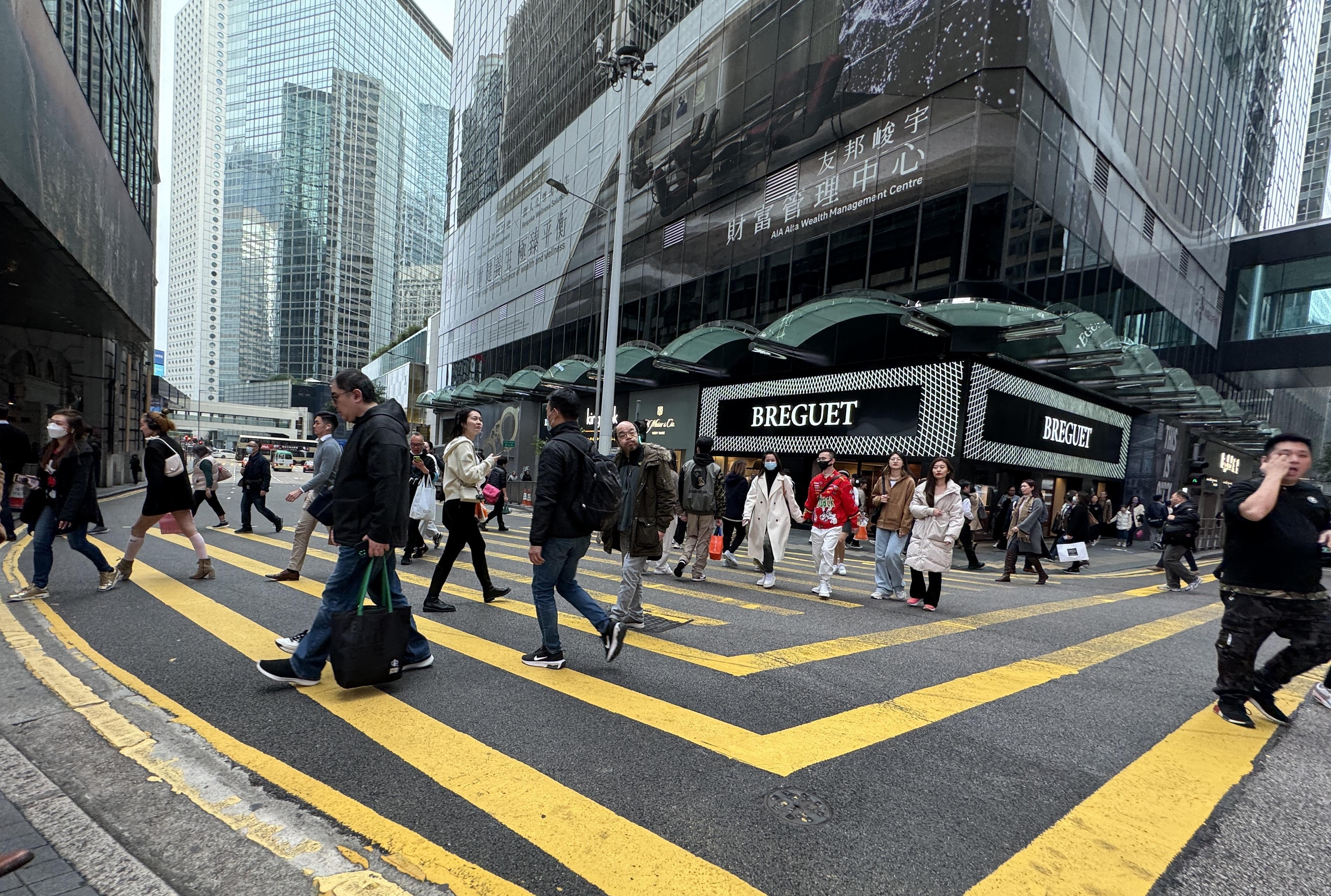 This undated file photo shows Elsie Leung Oi-sie, Hong Kong's former secretary for justice. (PARKER ZHENG / CHINA DAILY)
This undated file photo shows Elsie Leung Oi-sie, Hong Kong's former secretary for justice. (PARKER ZHENG / CHINA DAILY)
Hong Kong’s former secretary for justice, Elsie Leung Oi-sie, on Thursday said Hong Kong is still duty-bound to safeguard national security via administrative, legislative and other means after completion of the local legislation of Article 23 of the Basic Law.
Weighing in on the topic with China Daily a day after the city ended its monthlong public consultation, Leung said developments over the past few years have necessitated the need for local legislation of Article 23 of the Basic Law, which is also a constitutional duty of the city.
What happened in the past few years, including the social unrest in 2019, the “Occupy Central” movement in 2014 and the Mong Kok riot in 2016, served as a lesson for the public that foreign intervention is evident and the opposition was trying to split the city from the country and subvert the authorities, Leung said.
What happened in the past few years, including the social unrest in 2019, the "Occupy Central” movement in 2014 and the Mongkok riot in 2016, served as a lesson for the public that foreign intervention is evident and the opposition were trying to split the city from the country and overthrow the authorities, said Elsie Leung Oi-sie
As the city’s secretary for justice in 2003, Leung was one of the main officials leading the city’s first attempt to begin the legislation of Article 23. However, the attempt was thwarted by the opposition’s political obstruction. Since then, the city has not been able to initiate another attempt, until now.
ALSO READ: Responses show overwhelming support for Article 23 legislation
Since the implementation of the National Security Law for Hong Kong in 2020, the public has developed a deeper understanding of the imperative need for safeguarding national security and a better awareness of the threats to national security, and this has created a much better legislative environment than that of 2003, in the opinion of the veteran law expert.
The city began its long-overdue public consultation on the legislation of Article 23 on Jan 30. Article 23 of the Basic Law requires the Hong Kong Special Administrative Region to enact laws on its own prohibiting seven types of national-security-endangering acts, including theft of State secrets and treason.
The government proposed introducing a new piece of legislation, the Safeguarding National Security Ordinance, to work together with the existing National Security Law for Hong Kong, to fulfill its constitutional duty.
 Pedestrians use a crossing in Hong Kong's Central district on Jan 29, 2024. (SHAMIM ASHRAF / CHINA DAILY)
Pedestrians use a crossing in Hong Kong's Central district on Jan 29, 2024. (SHAMIM ASHRAF / CHINA DAILY)
Leung said the completion of local legislation doesn’t mean that Hong Kong will not need to do anything further.
The city remains obligated to safeguard national security via administrative, legislative and other means, adapting to the changing situation both at home and abroad, Leung said.
READ MORE: Justice chief: Social consensus reached on need for Article 23
Leung added that, as Hong Kong society has had the opportunity to discuss the proposed legislation during the consultation period, she believes that the government will consider the opinions garnered when drafting the national security ordinance.
Subsequently, a designated committee under the Legislative Council will be established to deliberate on the draft law.


